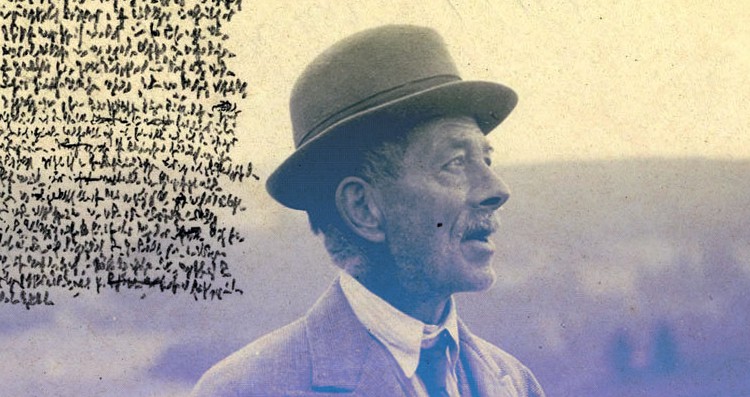Books & Culture
Review: The Care and Feeding of Exotic Pets, by Diana Wagman

Unusual reptiles and uneasy desires lurk beneath a sunny Los Angeles facade
Pop psychologists use the term “the reptilian brain” to refer to the part of the human psyche ruled by such primitive instincts as dominance, aggression, and lust. A person who’s “cold-blooded” is cunning, selfish, and devoid of compassion. Someone making a calculated display of emotion in order to manipulate others is said to be crying “crocodile tears.” Such metaphors reveal a subconscious belief that empathy is a warm, furry, mammalian thing.
So it’s no coincidence that the “pets” of Diana Wagman’s fourth novel, The Care and Feeding of Exotic Pets, are reptiles. This is a novel about desire and its complications, the struggle to reconcile the conflicting demands of id and ego, and the figure of the reptile is a potent one for such a project. The star reptile here is Cookie, a gigantic iguana, eight feet long from nose to tail. He is rusty orange, his eyes “small and rimmed in red,” and there is “something horribly humanoid” about his appearance. His hands have “five long jointed fingers, and wicked sharp nails. Each finger could articulate on its own.” Massive and inscrutable, alien and yet humanoid, Cookie is an unsettling and mysterious presence.
But this novel is primarily interested in the human characters who love, fear, nurture, and trade such creatures. Cookie’s owner is Oren, a lonely young man who has carefully nursed an immense and bitter grudge with the same devotion he’s given to his pet iguana. Through Oren, Wagman explores the way that “pro-social” desires for love and belonging can become so desperate and so overwhelming that they manifest as destructive, “anti-social” forces, wreaking truly frightening consequences.
Oren’s obsession with securing a female iguana for Cookie sets off a calamitous chain of events that ensnares innocent mom Winnie Parker one dull, cloudless morning, as she’s dropping off her car at the mechanic. Three years ago, Winnie’s husband Jonathan left her, and while her heart is no longer broken, the problem is that her wounds have healed too well — Winnie finds it difficult to want anything anymore.
Jonathan, in contrast, struggles from too many wants. He relishes his new life with the nubile, ambitious Jessica and their fancy new house with beige marble bathrooms. But he also wants to preserve his access to Winnie and their former life, even sneaking back into Winnie’s house to secretly repair things when she’s away. He tells himself that he’s only looking out for his ex-wife, but deep down he wants to have it all, failing to realize some desires are mutually exclusive. Meanwhile, their teenage daughter Lacey is consumed with the standard adolescent experiments with self-presentation, identity, and sex — trying to figure out what she wants, as well as what it means to be wanted.
Kidnapped by Oren and imprisoned within his tropically heated house, Winnie tries to engage her abductor in conversation, hoping to decipher the real motives behind his actions. As she comes to realize that she wasn’t captured at random, Winnie begins to confront Oren’s bizarre judgments about her identity as a wife, mother, and daughter. At some points, the story’s twists unfold rather slowly, but Wagman builds toward a climax that is startling and effective. And throughout the narrative, she makes skillful use of setting: here, Los Angeles is as bland and insipid as suburban landscaping, until, of course, Wagman starts turning over the rocks to reveal the wriggly things hiding underneath.
Recommended if you liked: The Collector, by John Fowles, Little Children, by Tom Perrotta, or Disobedience, by Jane Hamilton
For more fiction from Diana Wagman, check out her short story, “Three-Legged Dog,” from Electric Literature’s very first issue.
***
— Helen Terndrup is the book reviews editor for the Outlet.









